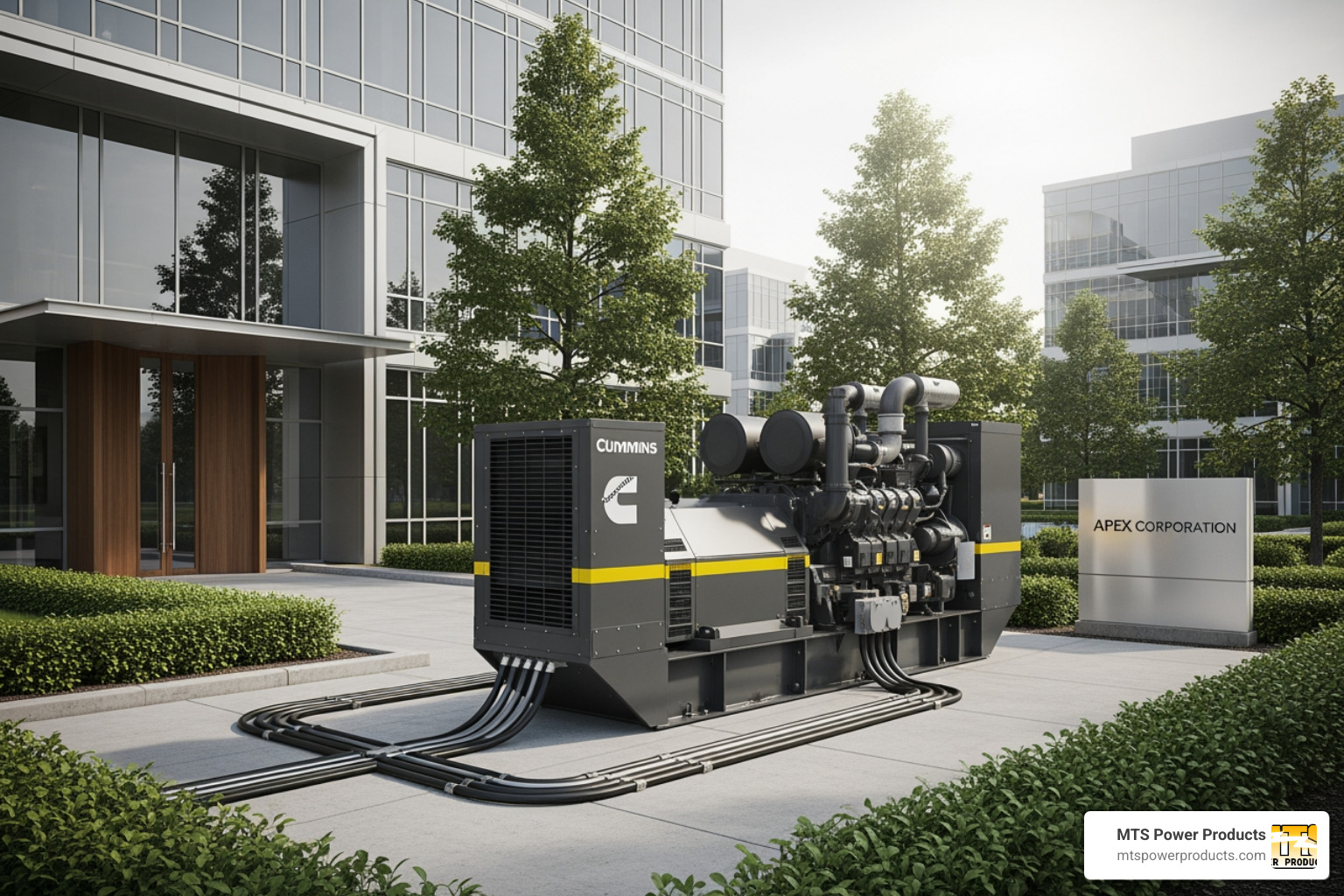
Buy Direct
from the Manufacturer
Sell our Products
Become a Distributor
Discounts
on volume purchases
Visit Us
at our Miami office
from the Manufacturer
Become a Distributor
on volume purchases
at our Miami office
A backup commercial generator differs from home generators in a number of ways. These generators are designed for commercial and industrial use. Although all generators use fuel to convert energy into electricity, some are designed for use in specific commercial applications.
When the primary power source for a property is interrupted due to an emergency or malfunction the emergency backup generator will activate and provide power. Understanding basics such as these can help business owners decide what commercial backup generator is best for their situation.
Emergencies such as tropical storms and hurricanes can be especially disruptive to businesses, especially in South Florida. Backup commercial generators can provide peace of mind for business and commercial property owners during and after intense weather.
Continue reading to learn more about the basics of commercial backup generators. Please contact MTS Power Products to discuss designing a custom emergency standby generator.
Commercial and residential backup generators are typically distinguished by the fuel type they run on. Typical fuel sources include diesel, natural gas, propane, and gasoline.
Each of these fuel sources come with their own pros and cons. The most popular fuel source for commercial applications is diesel fuel. Diesel as a fuel source is characteristically safe, efficient, and affordable. Natural gas generators are another popular choice.
Choosing the fuel source is important when considering what the commercial backup generator will be used for. The right fuel source will keep the generator running for longer when it is needed most and should be seriously considered.
Commercial generators can be permanently installed as part of a property’s wired electrical system while portable units are much more mobile. Portable generators are commonly used in commercial applications to deliver power to equipment on a work site.
Unlike a backup commercial generator that is permanently installed, a portable generator must be connected to the wiring system. Although portable generators are mobile, they are unable to provide sufficient power to an entire commercial property.
This makes them ineffective during an emergency when the main power source is interrupted. A permanent commercial generator installation is the best choice for emergency situations.
Commercial standby generators come in a number of different sizes with some being so large they need to be housed in a separate building. The amount of electricity that a property requires to power essential appliances and utilities will determine the size of the backup commercial generator.
It should always be assumed that a power disruption will occur during peak hours. A business can get help determining their power requirements with the help of a licensed electrician.
The power requirement will determine the size and number of standby generators a business will require during an emergency or power disruption. Typically, a commercial standby generator will produce voltages of up to 480 and even exceed 200 KW, but there are many different emergency standby generators available for bigger and smaller power needs.